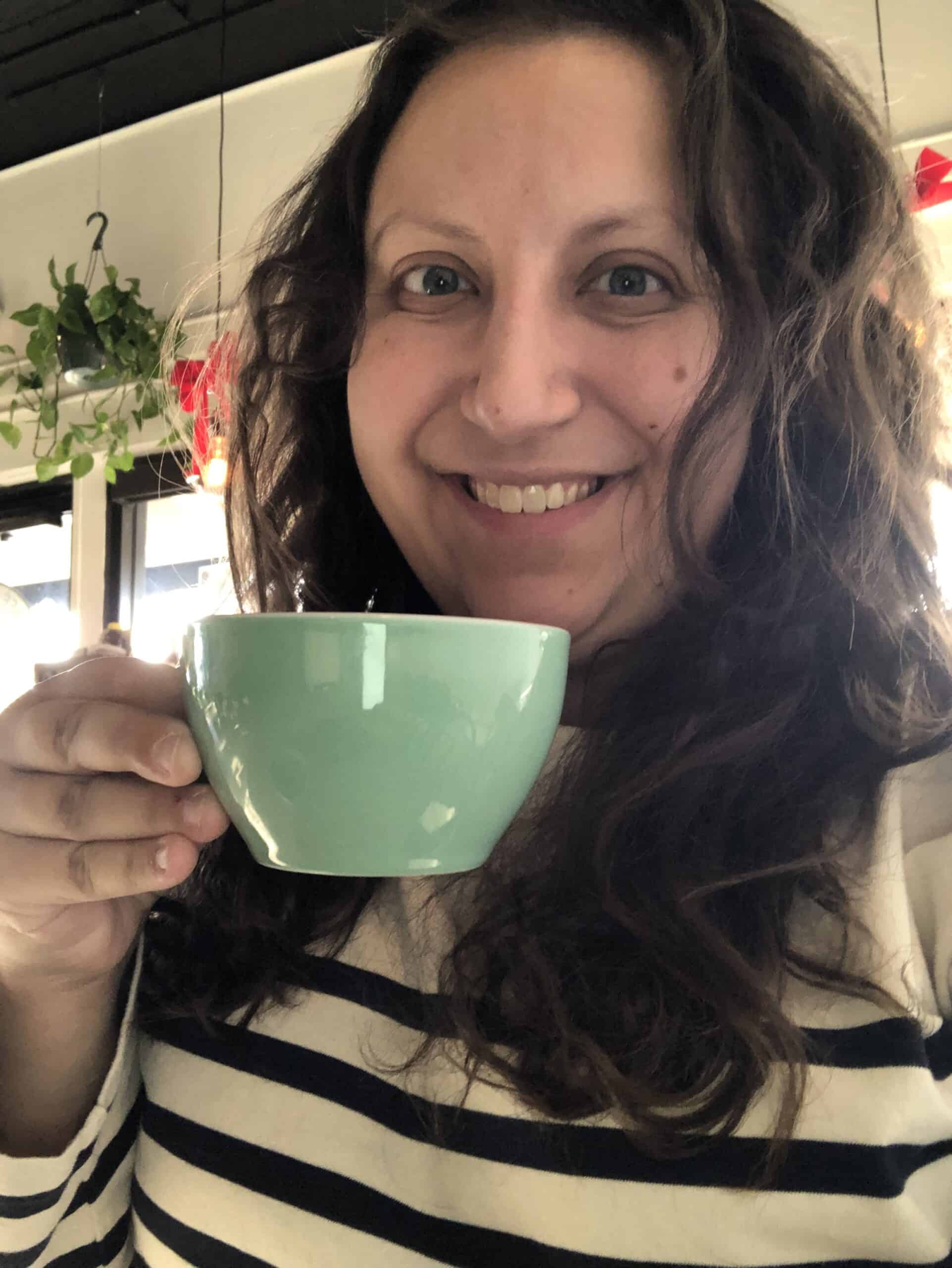Jackie Bursic
Survivor

Survivor
Yes, You can get Breast Cancer at the Age of 23
I was diagnosed with stage III Invasive Ductal Carcinoma at the age of 23 in 2018 three days after my husband proposed to me. I had gone to my OB six months prior for an annual exam and everything was normal. My cancer was aggressive and it was spreading fast.
In total, I received 20 rounds of chemotherapy, 30 rounds of radiation, a double mastectomy and lymph node removal, several reconstructive surgery, and I will be on medication that essentially turns off my hormones until I am in my mid thirties.
When I was first diagnosed I actually felt so much guilt and shame. There isn’t a strong family history of cancer, so I felt like I must have done something wrong in the way that I lived my life. I also struggled with survivor’s guilt and isolation as I knew very few people my age, but also my stage of disease. I’ve watched so many powerful women die and I feel so weak compared to them at times. If someone as strong of them could pass from the disease, then why am I still here?
Looking back, I wish I had known more about how my cancer at such a young age was going to change my life forever. There is a lack of discussion and medical coverage for the complications that young adults face. Between the mental health concerns, impact on fertility, autoimmune-like symptoms, and overall fatigue struggles, my life has been forever changed.
If I could tell anyone with a loved one who has cancer, I think the most important way to help is to sit with them in their emotions. There is so much grief that comes along with a cancer diagnosis and in my experience, I’ve struggled more with my grief of loss of dreams than anything else. Being able to listen and talk openly with a loved one means more than one would think, even when the conversation is hard and the feelings are uncomfortable.
There is so much to learn about how this disease affects extremely young women. The current treatment options have been traditionally used on more senior women, and it begs the question of could there be a more effective treatment for younger men and women? Rather than chalking up cancer as something that is “inevitable” for women as they get older, I believe that there are answers that can be found in someone like me.
